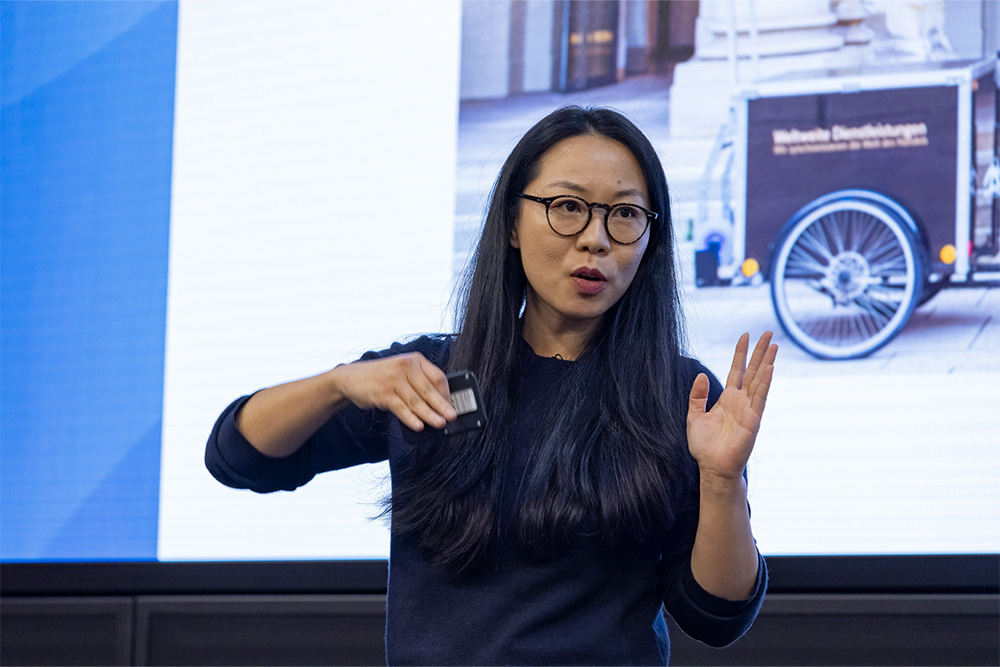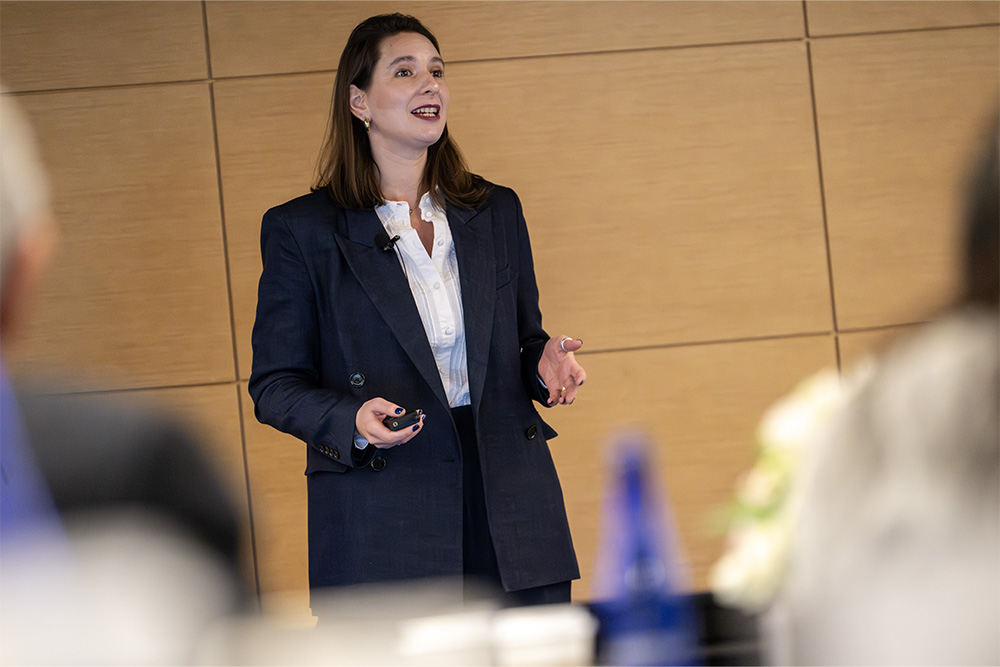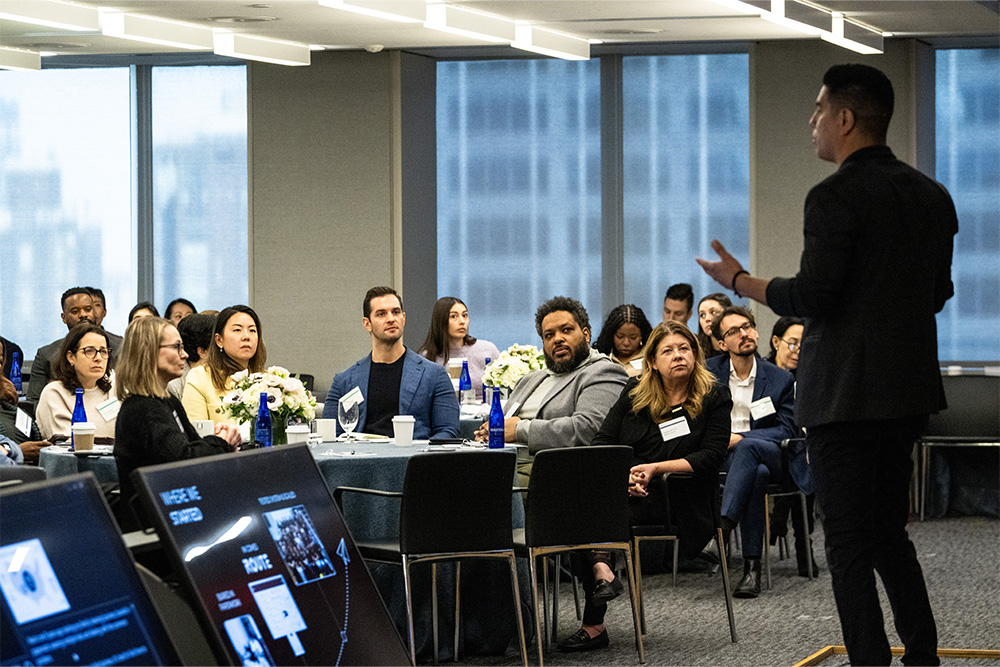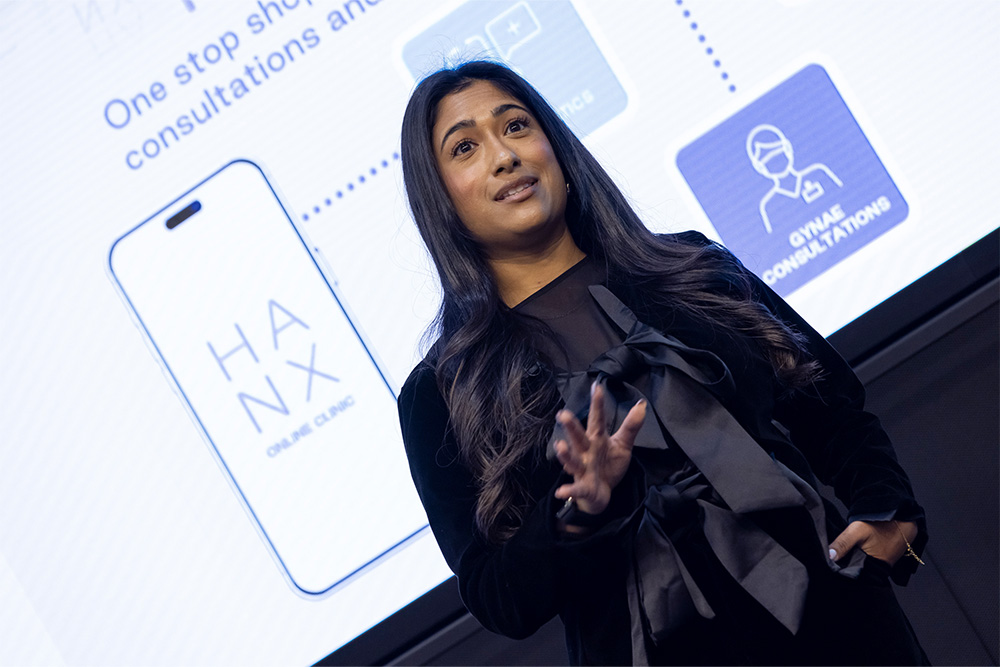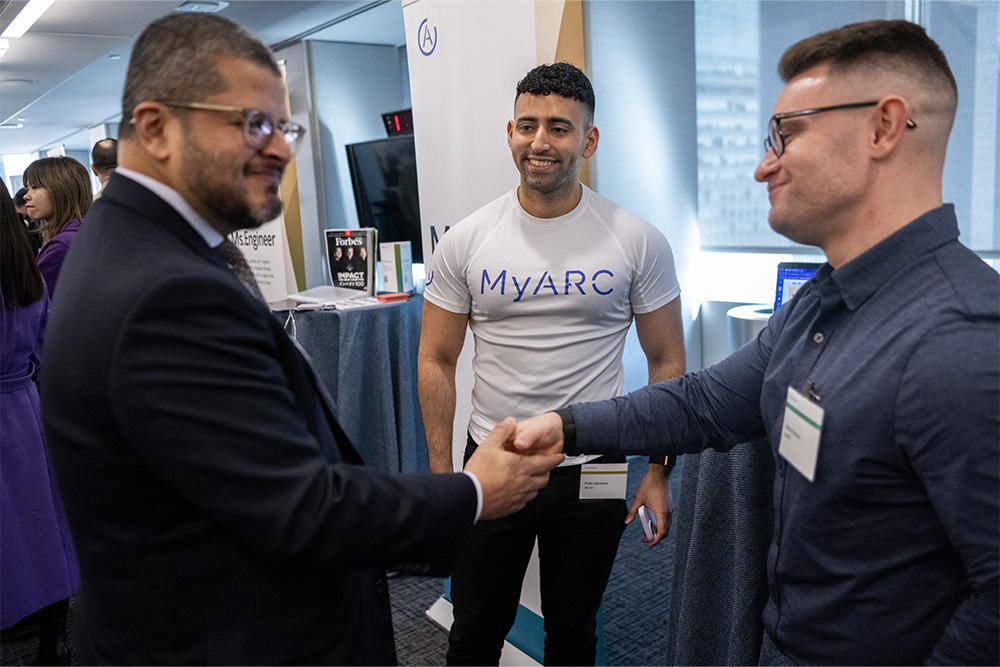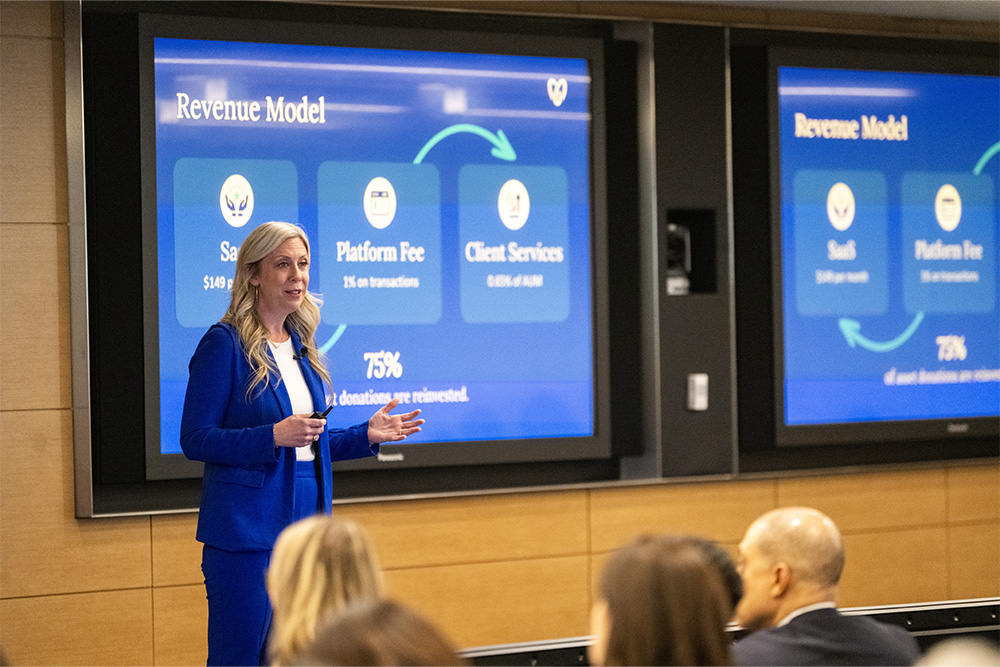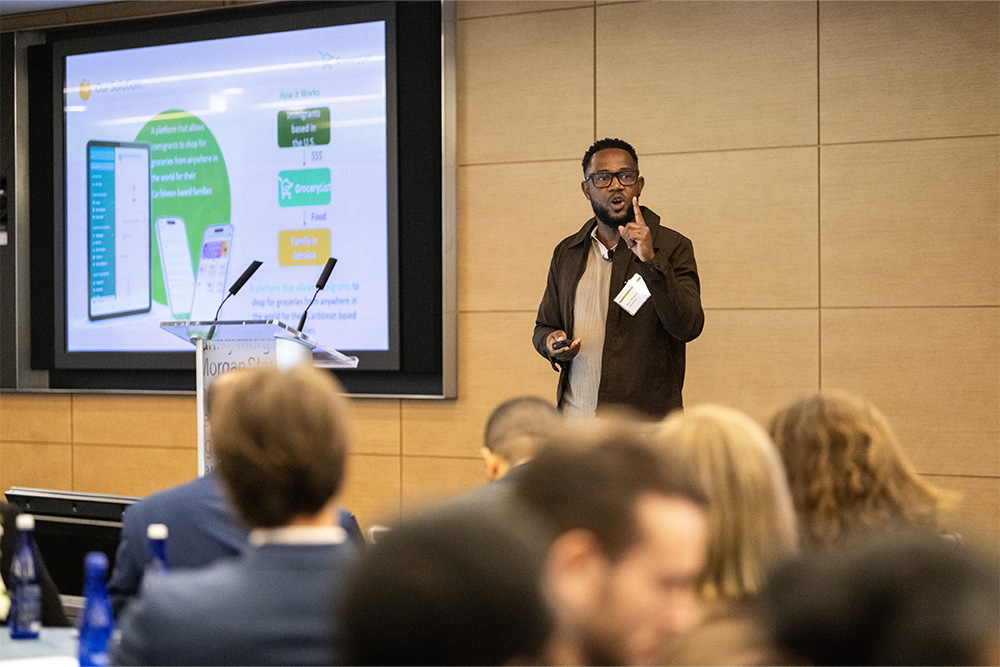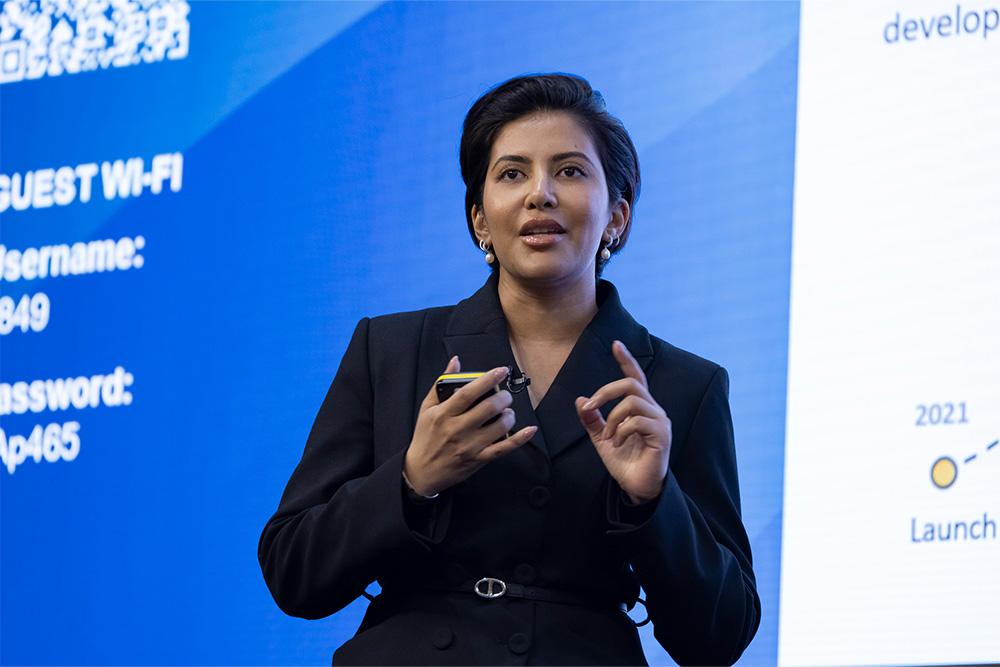Morgan Stanley’s Inclusive Ventures Group hosted “Demo Day,” the culmination of a five-month in-house accelerator that provides each portfolio company with $250,000 or £250,000 in addition to access to investor networks, mentoring, and a tailored curriculum in exchange for a 5% equity stake.
At Demo Day, hosted in New York and London, founders pitched their companies in person to hundreds of investors and also had the opportunity to connect with attendees one-on-one. The Morgan Stanley Inclusive Ventures Lab’s 2024 cohort includes startups within the Seed to Series A funding rounds from the U.S., Europe, the Middle East, Africa and Latin America. The 25 companies are in sectors as varied as enterprise software, financial technology, healthcare, retail and travel.
During the event, we also announced the creation of Morgan Stanley Inclusive & Sustainable Ventures (MSISV), which provides early-stage innovators in both the for-profit and nonprofit sectors with access to capital and resources to help them develop and scale.
Morgan Stanley Inclusive & Sustainable Ventures builds on the success of the Inclusive Ventures Lab and the Sustainable Solutions Collaborative, which together have distributed more than $30 million in capital to more than 100 startups and organizations in the last eight years. It leverages Morgan Stanley’s integrated firm approach and deep expertise to better serve the needs of early-stage founders, startups and organizations.
Accelerators Open for Applications
Morgan Stanley Inclusive & Sustainable Ventures offers two complementary in-house accelerator programs—a Lab designed for commercial startup founders and a Collaborative to support emerging nonprofits. Applications for the 2025 cohort of both programs are open from February 5 to March 31, 2025.
Morgan Stanley will provide participating Lab companies with an equity investment, a five-month curated program, mentorship, networking, office space for the duration of the program and access to certain external advisors. The equity investment is $250,000 for each company participating in our New York-based program and £250,000 for each company participating in our London-based program.
Similarly, each participating Collaborative nonprofit will receive a $250,000 grant if based in the Americas, £250,000 for all other regions and access to the same program content as the Lab.



